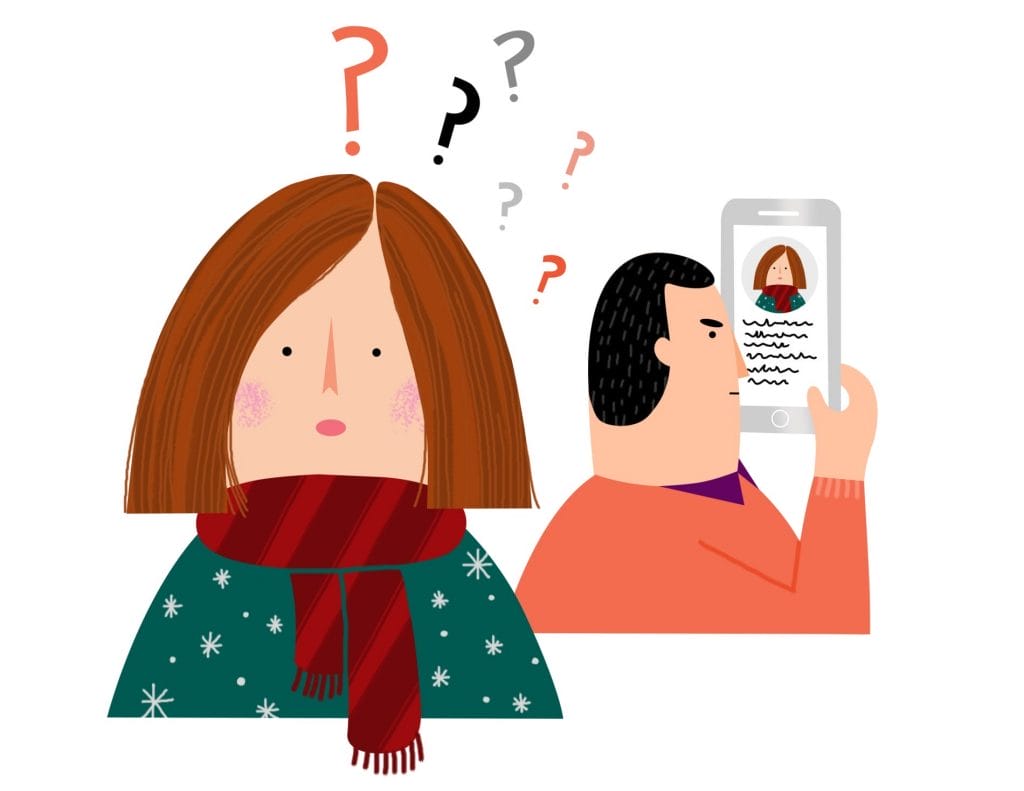After political group contacts Virginia college students, delegate introduces bill to restrict data

Illustration by Ellie Kim.

The contact information of students at Virginia’s publicly funded universities is considered public information — accessible by records request. Now, a House of Delegates member is looking to change that.
Del. Tony Wilt (R- Rockingham) filed the first bill of the 2018 General Assembly session, which looks to prevent state colleges from handing over student records data, which includes names, phone numbers and email addresses, to private groups who ask for it with a Freedom of Information Act request— the protocol under current law.
The introduction of House Bill 1 to the legislative docket comes after The Roanoke Times reported in October that Virginia Tech, Radford University and James Madison University handed over their student records data to NextGen America, a progressive political group which worked to elect Gov.-elect Ralph Northam and Democrats in House races. The Commonwealth Times subsequently revealed NextGen obtained the records data of more than 30,000 VCU students. Students reported receiving text messages urging them to volunteer and vote for Ralph Northam.
A spokesperson for NextGen could not be reached for comment, neither could Democratic delegate-elects in the Richmond-area. In October, a spokesperson for the Northam campaign declined to comment on legislation, but said the campaign did not receive records data from NextGen at any point in the campaign.
“Obviously, we need stronger and clearer protections to guard the personal information of our students,” Wilt said about the legislation in October. “Every political candidate and group that exploited this information should immediately stop, apologize to students across the Commonwealth and endorse this commonsense bill.”
NextGen supported Brent Finnegan, Wilt’s opponent, in his bid to unseat the Republican in the 26th district race. It also supported Chris Hurst’s winning campaign against Del. Joseph Yost (R – Pearisburg), who prior to the election, said the idea universities could turn over directory information without students’ consent was “shocking and frightening.”
Yost planned to co-sponsor the bill with Wilt before he lost his seat to Hurst, a former local news anchor whose girlfriend, WJLA reporter Alison Parker, was murdered live on-air in 2015.
The proposed legislation limits access to any student’s records data unless that student opts-in to have their information available through a request. Students previously had to opt-out to keep anyone from accessing that information.
Meghan Rhyne, executive director of the Virginia Coalition for Open Government said having accessible student records is not a new practice.
“Twenty-five years ago, we had campus phone books with student names, addresses and landline numbers.” Rhyne said in October. “So, it’s not a new thing for commercial or political groups to ask for student directory information and use it for their own purposes.”
Records data still exists without those phone books, which are typically no longer printed to save costs. Cell phones replaced landlines since that time, so it’s possible people feel it’s more invasive that cellphone information is publicly obtainable, Rhyne said, since cellphones are usually viewed more as an extension of their owners.
“Students should not have to jump through hoops to protect their own personal and private information,” Yost stated in an October news release. “And that information should most certainly not be given freely to political groups seeking to exploit student’s personal information.”
Several Republican House members expressed support for HB1 before it was revealed last Monday. In a news release, Education Committee Chairman Steve Landes (R-Augusta) called the bill “a reasonable and commonsense step” to protect students’ privacy.
In October, Del. Kirk Cox (R-Colonial Heights) — who will serve as Speaker in January if current election results are certified — said the bill will have the backing of the entire Republican caucus.
“The idea is simple,” Cox said. “Students shouldn’t have to take extra steps to protect their information; the college should have to take extra steps to release it.”
Fadel Allassan Managing Editor at Large



